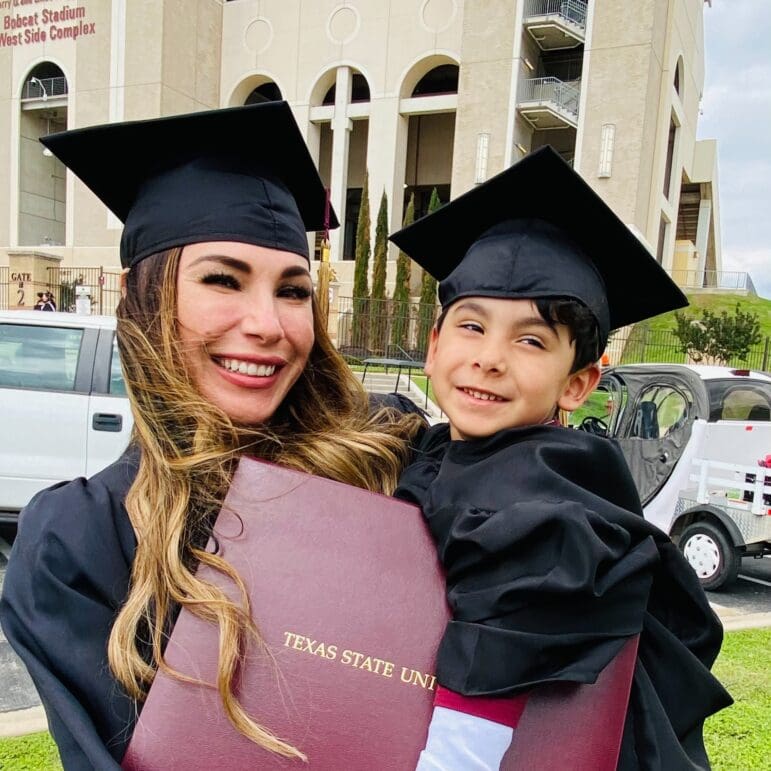
Single Mothers and Poverty in America
THE Current landscape
Facts About Generational Poverty
Generational poverty is defined as at least two generations of a family being born into poverty. These conditions severely limit a family’s ability to reach economic mobility and pursue their dreams. That’s why JP has been focused on creating opportunities for single mothers and their children for nearly 30 years.
30%
of single mothers and their children live below the poverty line 1
1 in 3
people who experienced poverty as a child will continue to live in poverty as an adult 2
41%
of single mothers without a college degree experience poverty 3
SHIFTING the narrative
Jeremiah Program
Great parents exist at every income level, but they don’t all have the same opportunities. Systemic barriers to education, housing, and child care make it difficult for many single mothers and their children to achieve economic mobility.
Existing solutions to disrupt generational poverty often fail to address the unique and multifaceted challenges families face. At JP, we curate a support structure that allows a mother to invest simultaneously in her personal and professional goals and the education of her children.

Holistic Approach Centered in Education
Higher education is not the sole solution for inequity in our country, but it remains the greatest lever of economic mobility. For each level of education they attain, single mothers are 32% less likely to experience poverty.4 By supporting families through housing, high-quality early childhood education, community-building, and more, we create space for single moms to attain college degrees.
The education of young children is also foundational to our two-generation approach to disrupting poverty. Children in early childhood education programs are less likely to repeat a grade, more likely to graduate from high school, and are higher earners in the workforce later in life.5 Access to high-quality, affordable child care also has the potential to increase the combined lifetime earnings of 1.3 million mothers by $130 billion.6
the power of JP moms
“Thankfully, I discovered the Jeremiah Program, where I gained enough tools to be able to really build the life that I wanted. And because of all the resources, I was able to buy my own home. I was able to finish school.”
— Ethelind, Executive Director
“I was able to enjoy motherhood and be present in the most developmentally important years of my son’s life because I had support. I felt safe, I was able to keep him safe, and I was able to follow through with my goals. I have an amazing job and it was all because I was given the opportunity to be a JP mom.”
— Cristina, Communications Manager
SUPPORT JP TODAY
Join the Movement to Disrupt Generational Poverty
We believe that no mother should have to choose between investing in herself or in her children.
Your gift to JP unlocks resources for single moms to pursue economic mobility so they can transform their families’ futures.
- https://www.pewresearch.org/social-trends/2018/04/25/the-changing-profile-of-unmarried-parents/ ↩︎
- https://www.brookings.edu/articles/policies-that-reduce-intergenerational-poverty/ ↩︎
- https://iwpr.org/wp-content/uploads/2020/08/Q072_Single-Mothers-College-Degrees-Poverty-1.pdf ↩︎
- https://files.eric.ed.gov/fulltext/ED612662.pdf ↩︎
- https://www.nea.org/advocating-for-change/action-center/our-issues/early-childhood-education ↩︎
- https://nwlc.org/wp-content/uploads/2021/04/A-Lifetimes-Worth-of-Benefits-_FD.pdf ↩︎


